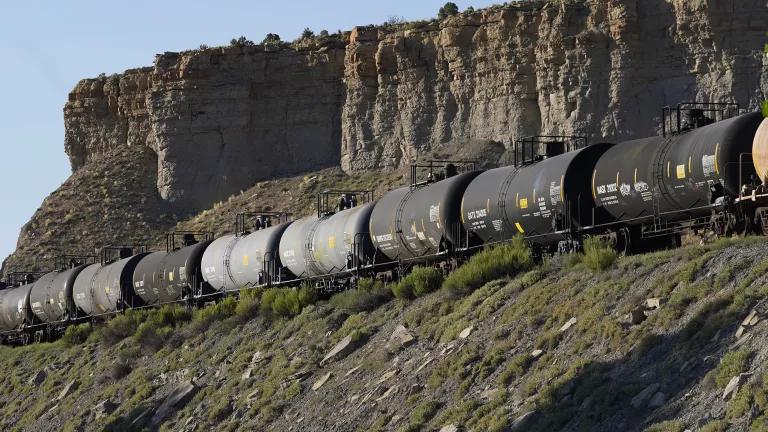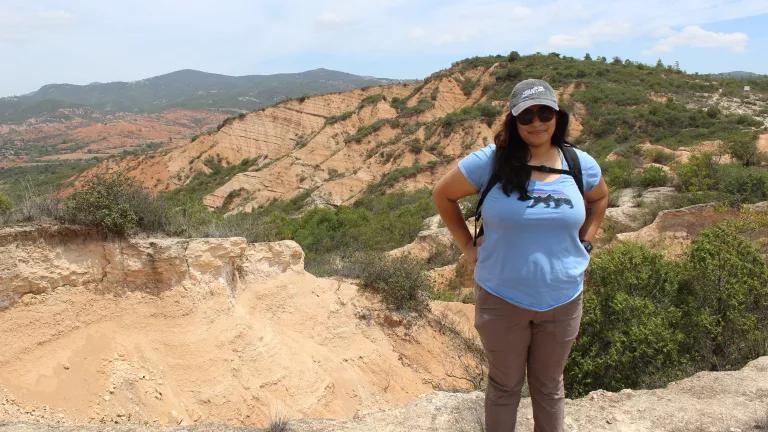Between a Rock and a Dry Place: The Impact of Oil Shale Development and Climate Change on the Colorado River Basin Water Supply
With growing interest in oil shale development in the upper Colorado River Basin, the already arid West faces threats of increased demand on its already limited water resources. Processing oil shale requires significant amounts of water -- on average, an estimated three to five barrels for each barrel of oil produced. In fact, a full-scale oil shale industry producing 1.55 million barrels of oil a day would require approximately 360,000 acre-feet of water a year -- roughly one-and-a-half times the amount of water used by Denver per year. This loss of water supply would create unprecedented challenges for cities and communities throughout the West. This report explores some of the possible implications of committing a relatively modest but critical portion of the Colorado River Basin’s limited and highly coveted water supply to develop potential sources of energy that would be economically and environmentally costly.



